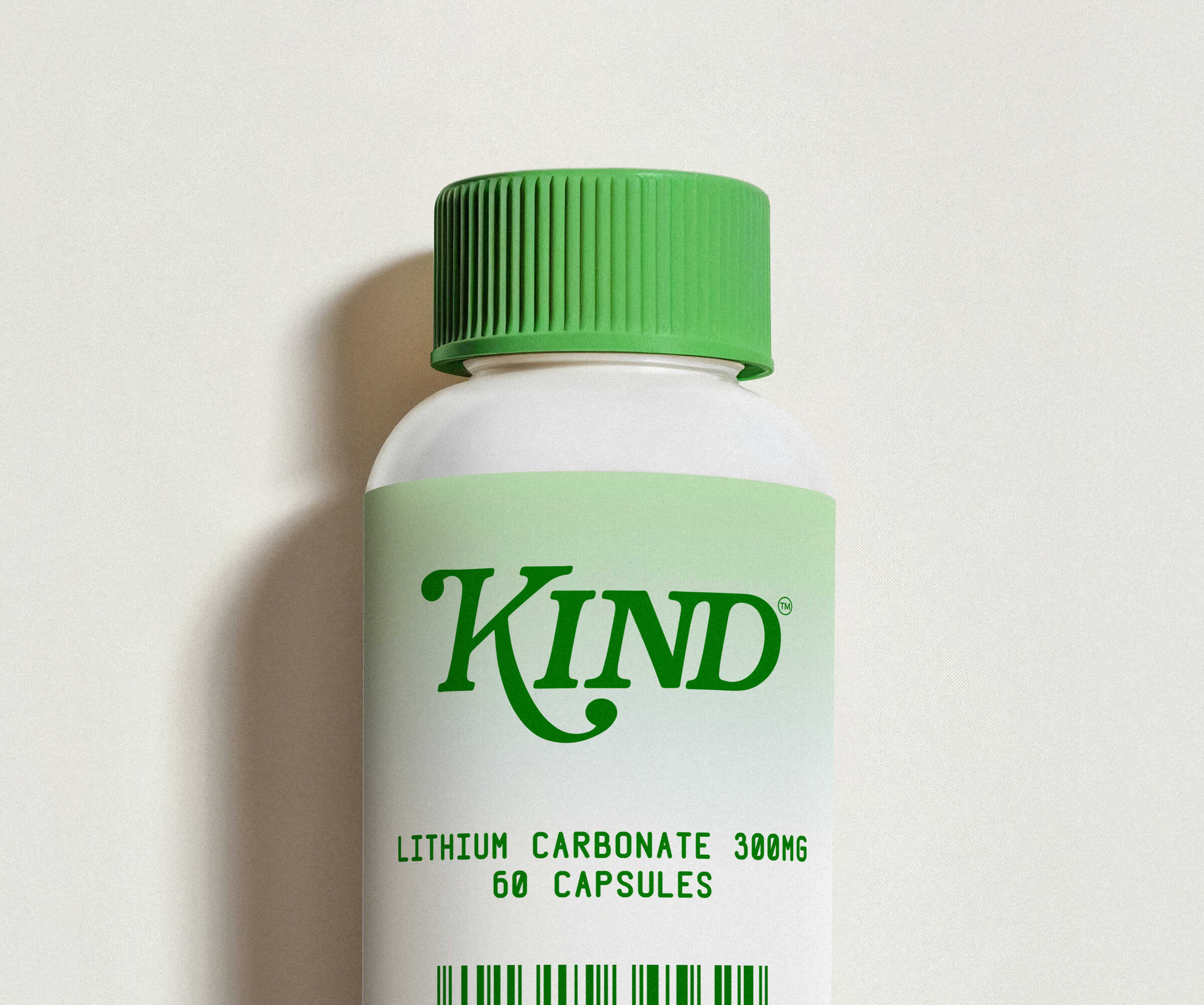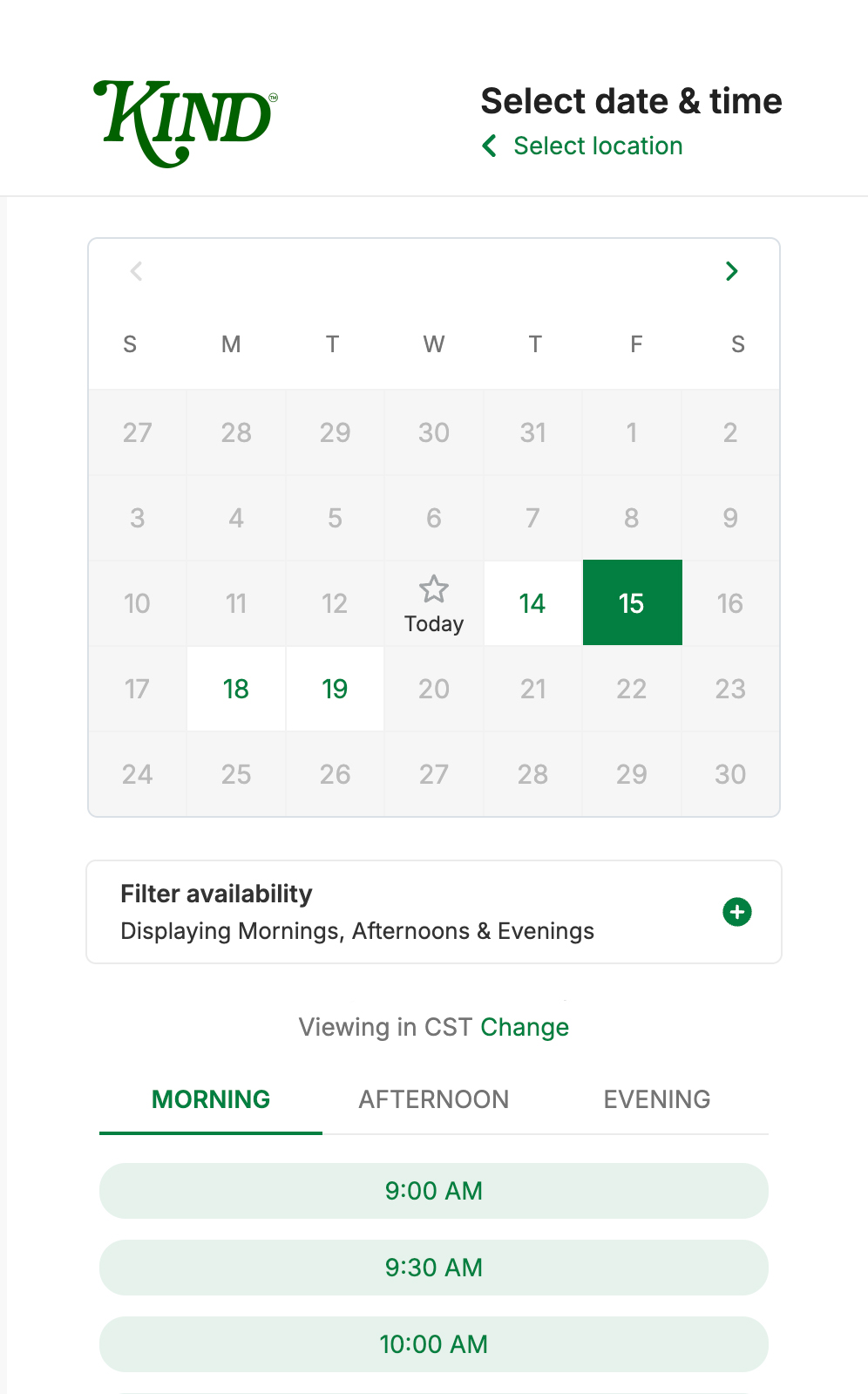Commonly Prescribed Medication
Lithium
Lithium is a mood stabilizer that works by affecting the levels of certain neurotransmitters in the brain, promoting emotional balance and stability. It is commonly used to manage bipolar disorder, particularly in stabilizing mood swings and preventing manic episodes. It is also effective in reducing the risk of recurrence of depressive episodes in individuals with bipolar disorder.
Kind Health is here for you.





